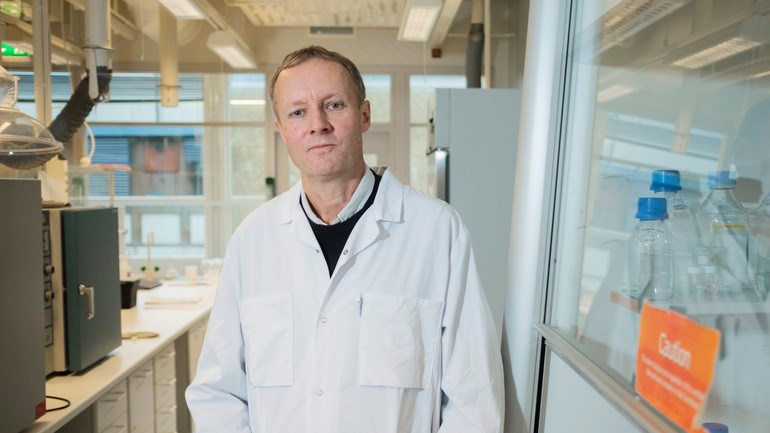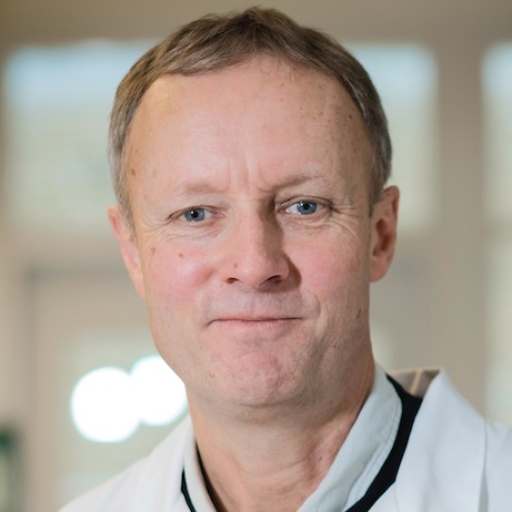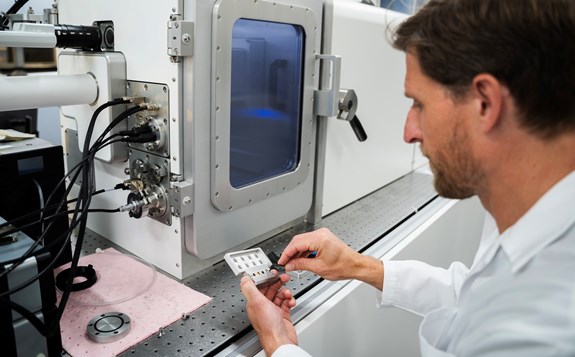Prestigious doctoral programme for Malmö University

Professor Börje Sellergren will coordinate all 13 PhD students distributed among 12 partners (universities and companies). Two of the PhD students will be employed at Malmö University, which will also host six visiting PhD students.
In fierce competition with universities from across Europe, Malmö University has been awarded SEK 42 million to coordinate 13 PhD students in a highly ranked international PhD programme called MIPrecise.
The research will be conducted at the Biofilms Research Centre for Biointerfaces and at 12 academic and industrial partners in Europe and South Africa.
“It is a very popular programme and the competition is fierce. The focus is on training a group of highly qualified PhD students by stimulating creative thinking and innovation in a specific research area.
“In addition to the scientific aspects, the programme emphasises the soft skills of communicating research, grant writing and entrepreneurship. The essential thing here is not groundbreaking discoveries but to prepare the students for a future career,” says Professor Börje Sellergren, who will be responsible for the MIPrecise programme at Malmö University and coordinate the project.
The funding comes from the European Commission, which has chosen to invest around SEK 6 billion in 1,800 doctoral students spread across 149 doctoral programmes. Out of approximately 1,500 applications, only 10 per cent were granted. Most remarkably, Sellergren's application received a score of 98.2 per cent in the evaluation, which is among the highest of all.
“What makes this EU programme unique is the international exchange. There is nothing like it, not even in the US. Applicants can come from all over the world but must cross a national border to be accepted – so we can only accept researchers from other countries.”
Sellergren will coordinate all 13 doctoral students, distributed among 11 partners (universities and companies) in Europe, and one in South Africa. Two of the PhD students will be employed at the Biofilms Research Centre, which will also host six visiting PhD students.
The project will run for four years, starting on 1 October. Funding covers costs for three years, which means that Malmö University will cover the fourth year. The first PhD student is expected to be in Malmö in January 2026.
“We are looking for people with solid knowledge in organic, polymer and analytical chemistry, but also in cell biology, as our research is about detecting biomarkers, such as cancer markers in blood and other matrices. We will keep a special door open for people from the United States because many researchers there are probably looking towards Europe in these times,” says Sellergren.
Project partners
Universities
Malmö University (lead partner)
University of Strathclyde, Scotland
Umeå University, Sweden
Federal Institute for Materials Research and Testing, Germany
University of Pavia, Italy
Linnaeus University, Sweden
University of Southern Denmark
University of Oslo, Norway
Technical University of Denmark
Companies
Proteome Sciences, Germany
ReSyn Biosciences, South Africa (associated partner)
Capitainer AB, Sweden (associated partner)


